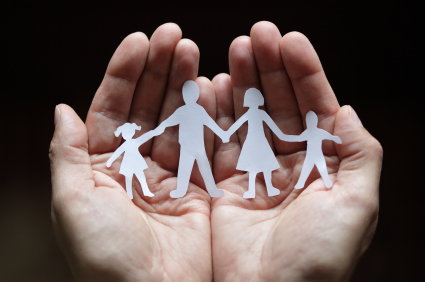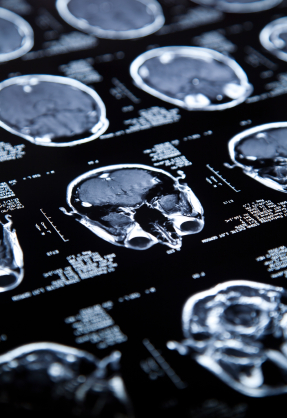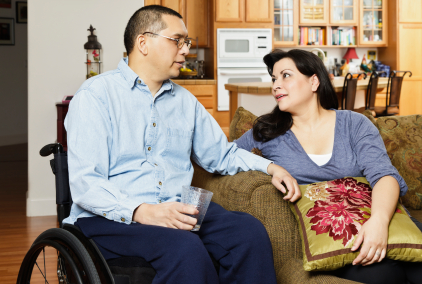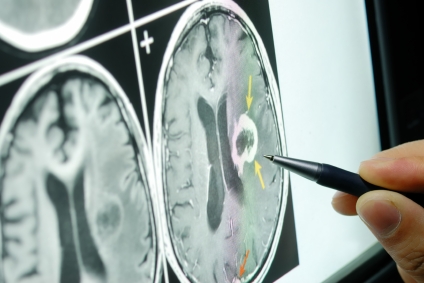 It doesn’t matter what type of medical condition that you have or injury received, joining a support group or network can be one of the best things that you do. Not only will they be able to help you through it, but it usually results in a lasting friendship that won’t be broken.
It doesn’t matter what type of medical condition that you have or injury received, joining a support group or network can be one of the best things that you do. Not only will they be able to help you through it, but it usually results in a lasting friendship that won’t be broken.
Experience
You’re not alone! Just being able to talk about your situation openly can help. We know that many people suffer from guilt, either as someone suffering from an injury and feels guilty that others are putting their lives on hold to care for them or as someone caring for someone and feeling as though they should be doing more. Whichever way you look at it, expressing that guilt and getting it ‘out in the open’ is a good way to help get rid of it.
Tried and Tested
When you (or someone close to you) have been diagnosed with an illness, invariably, you just don’t know where to turn first, there is a whole world of information at your fingertips now, but finding out what is useful and what is rubbish can be a minefield. A relevant support network will have people that have already been through that, they know what is useful, what is tried and tested and they are always happy to share their experience.
Ask for Help
Never be afraid to ask for help. Coping with such injuries as a traumatic brain injury can be very draining and tiring, both physically and emotionally. It can be a 24-hour job, remember that no-one is that strong! Take help when it’s offered and always ask.
Here at TryMunity, we have built a community specifically for supporting people affected by Traumatic Brain Injury, people ranging from medical experts to current sufferers, all willing to offer their expertize and help where they can.
Join us today – you’ll be glad you did.






 an individual experiences an acquired brain injury, there are many things that you should be aware of with regard to the symptoms. At TryMunity, we want you to recognize that the most familiar
an individual experiences an acquired brain injury, there are many things that you should be aware of with regard to the symptoms. At TryMunity, we want you to recognize that the most familiar  TryMunity, we know the kind of impact that a traumatic brain injury, or TBI, can have on an individual and their family. We have seen this impact firsthand, and we understand how important it is for you to be able to immediately recognize the characteristics of traumatic brain injury. This helps you seek treatment in a manner that ensures the impact of the TBI is minimized as much as possible. A traumatic brain injury can be characterized in several ways, including mild, moderate, and severe TBI.
TryMunity, we know the kind of impact that a traumatic brain injury, or TBI, can have on an individual and their family. We have seen this impact firsthand, and we understand how important it is for you to be able to immediately recognize the characteristics of traumatic brain injury. This helps you seek treatment in a manner that ensures the impact of the TBI is minimized as much as possible. A traumatic brain injury can be characterized in several ways, including mild, moderate, and severe TBI.
